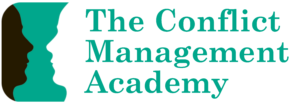
Mediation Training
Become a mediator accredited under the Australian Mediator and Dispute Resolver Accreditation Scheme
Cairns, North Queensland, 26-29 August 2025
Flexible Learning, Expert Trainers, and a Tropical Escape
If you’ve been thinking about gaining formal mediation skills — whether to launch your own conflict resolution practice, strengthen your leadership or HR capabilities, or simply become a more skilled communicator — this is your opportunity.
The Conflict Management Academy is offering a brand-new Facilitative Mediation Course, combining flexible online study with an inspiring, in-person workshop in August at one of Australia’s most stunning destinations: Cairns, Far North Queensland.
And yes — it’s AMDRAS-approved for accreditation!
Why train as a mediator?
Training as a mediator offers numerous benefits, especially for those interested in improving their conflict resolution skills or pursuing a career in the field. Here are some compelling reasons to consider:
Valuable Skill Set: Mediation training equips you with skills such as active listening, empathy, negotiation, and effective communication, which are applicable in many professional and personal situations.
Career Opportunities: Becoming a certified mediator can open up new career paths, whether in law, business, education, community services, or within specialized mediation practices.
Making a Positive Impact: Mediators play a vital role in helping others resolve conflicts peacefully, reducing the stress and costs associated with more adversarial processes like litigation.
Empowering Communities: Mediation training provides the tools to help build stronger communities by addressing and resolving disputes at a local level, promoting harmony and understanding.
Personal Growth: Mediation training also encourages self-reflection and personal development. You learn how to manage your emotions, biases, and reactions, which can lead to more constructive interactions in daily life.
Cost-Effective Conflict Resolution: For those already working in roles that involve negotiation or conflict management, such as HR or management, mediation skills can be instrumental in resolving issues efficiently, reducing the need for costly legal interventions.
Flexible Practice: Mediators can often choose how, where, and when they work. This flexibility makes it an attractive option for those seeking a balanced lifestyle.
Enhanced Understanding of Human Behaviour: Understanding the underlying needs and interests of conflicting parties provides deeper insights into human behavior, which is valuable in almost any interpersonal setting.
For this special offering of our mediation program, you will complete some introductory modules in our online training platform, and have the option to attend weekly online live sessions leading up to the workshop.
You will then join our live workshop in Cairns, for additional face-to-face training and to participate in live skills activities and mediation simulations under the guidance of some of the best mediator and mediation trainers in Australia.
Following the live workshop, you will have 12 months' access to our online content, and be eligible to attend our weekly live online sessions, as well as continuing to work one-on-one with your allocated mentor.
To meet accreditation requirements, you will also need to be assessed as competent in a mediation roleplay of 2-2.5 hours duration, and pass written assessment of 1200 words. This can be conducted in the months following the live workshop, either online or in person depending on your location.
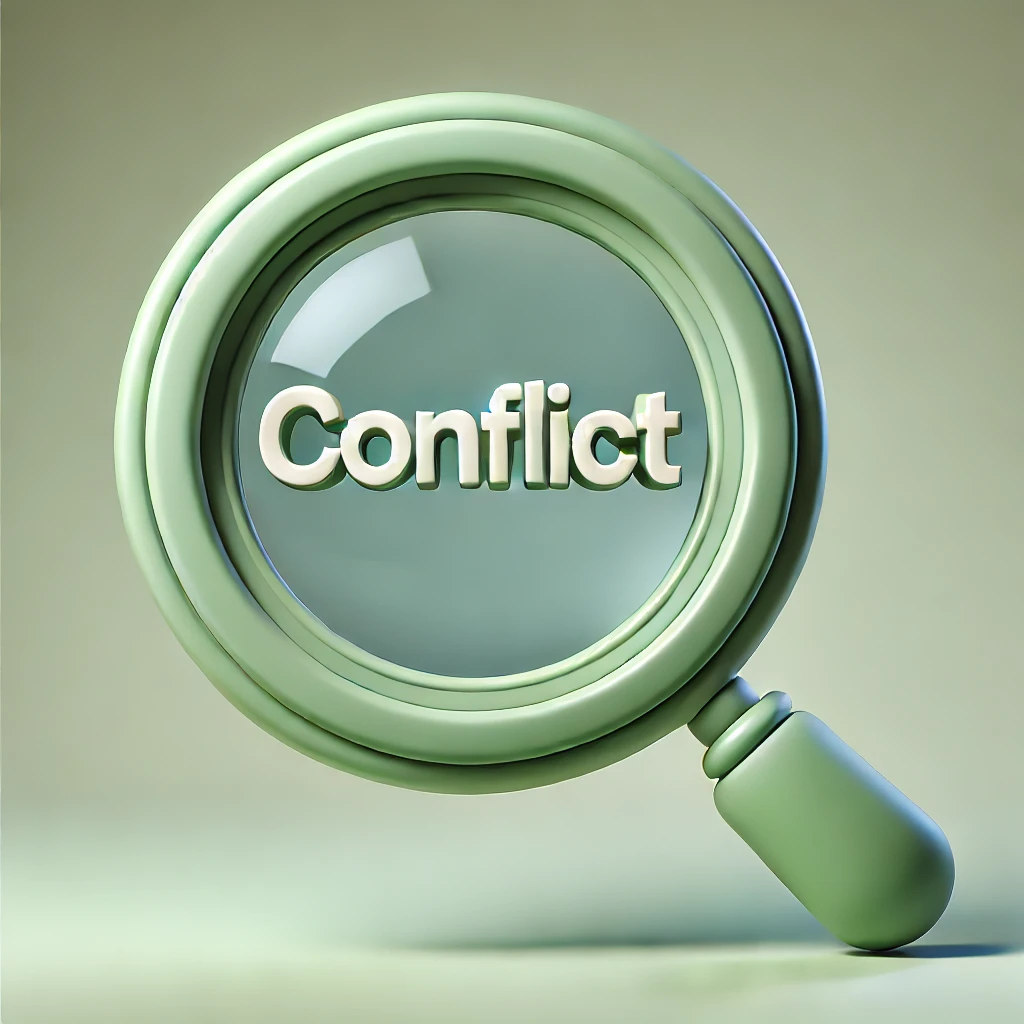
Learn about the dynamics of conflict - how it arises, different approaches to managing it, and how it can escalate, be managed and/or resolved. Discover how people typically feel and behave in conflict, and the different ways people respond to conflict situations. Develop your understanding of an interest-based approach to conflict resolution.
2. Introduction to mediation
Consider different definitions and models of mediation. Compare mediation with other approaches to resolving conflict. Discover where mediation is used. Critically analyse the purpose of mediation and how we define success.
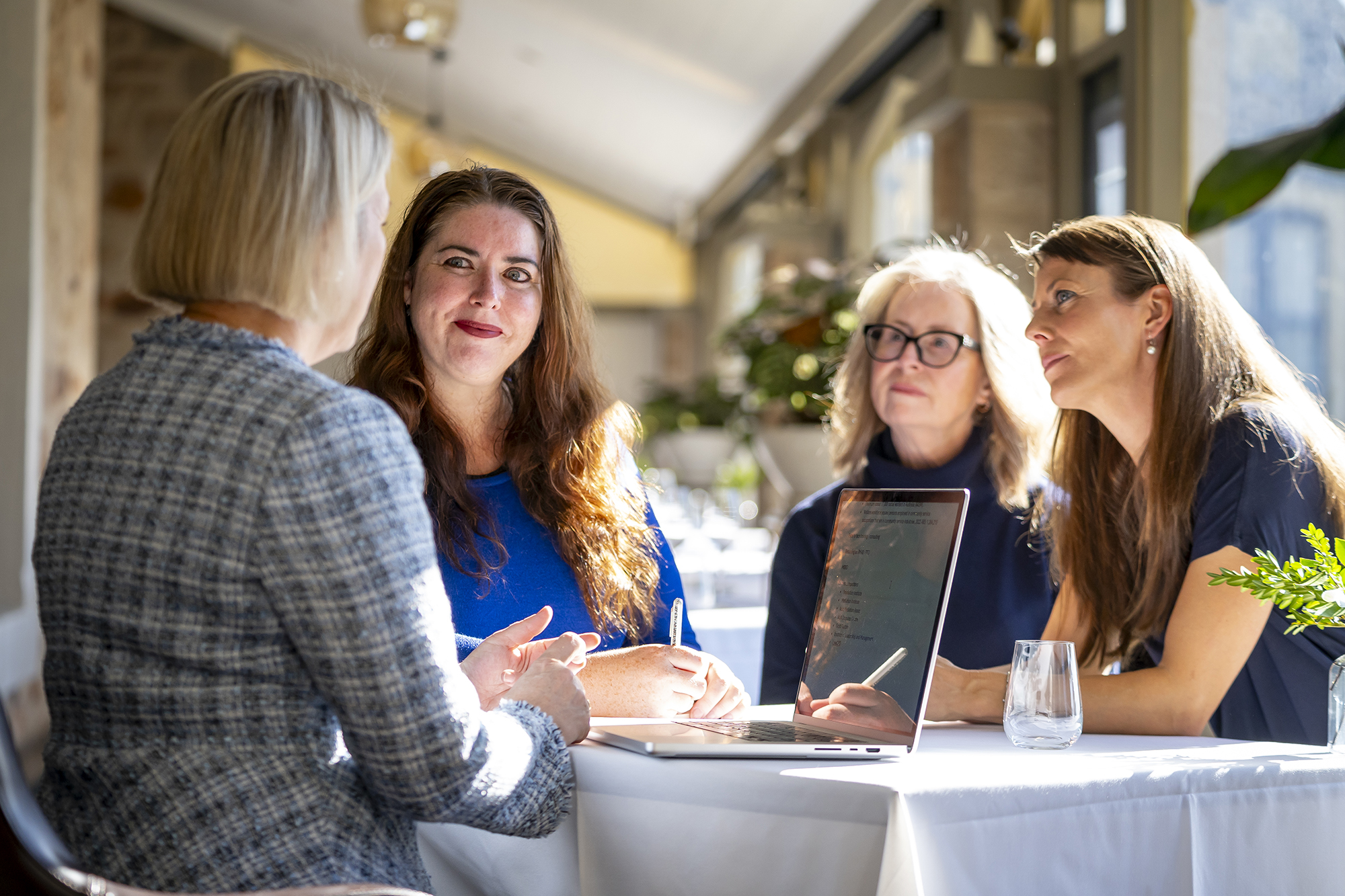

Critically analyse some of the elements of mediation including voluntariness, self-determination, impartiality, facilitation, non-adversarialism, and responsiveness.
4. Preparing for mediation
Learn how a mediator can best prepare for mediation, and also how to support participants to effectively prepare. This module covers case assessment and intake, effectively describing your process to clients, ensuring your services are accessible and inclusive, pre-mediation paperwork, and venue considerations.
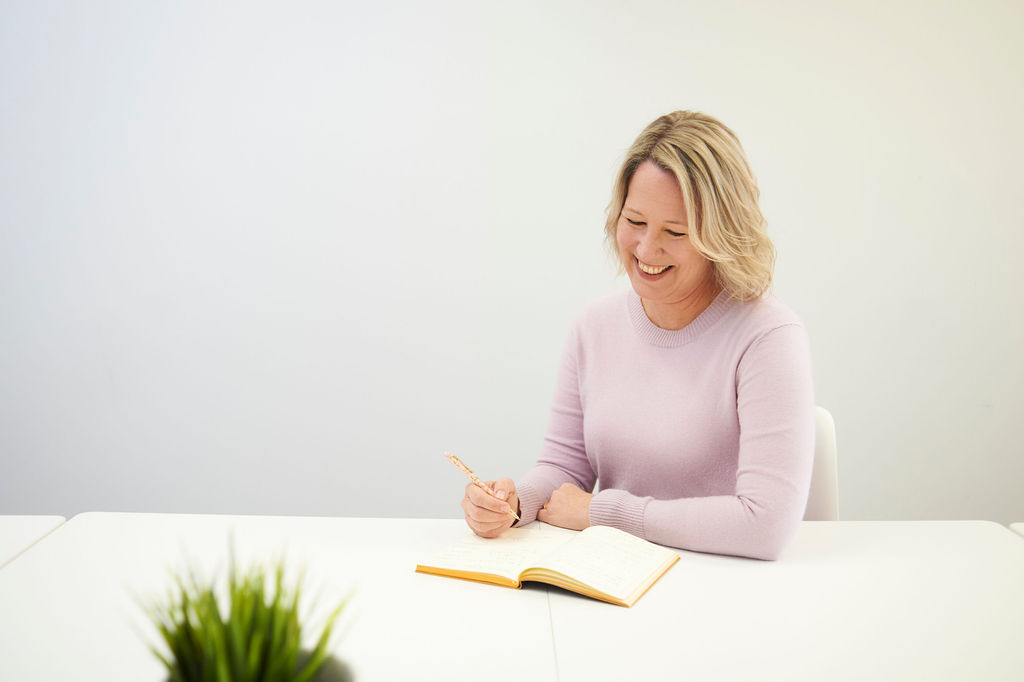
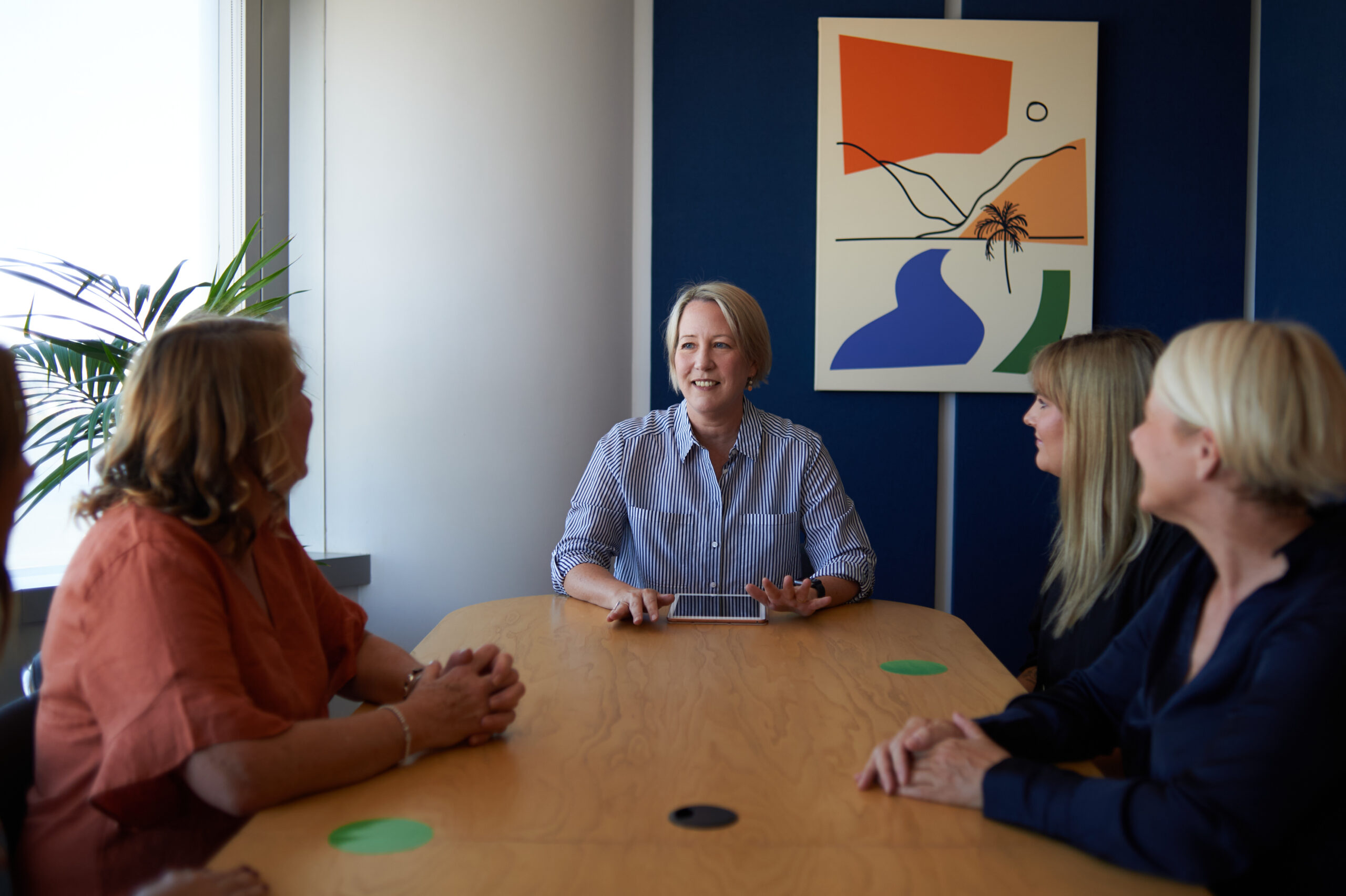
5. The mediation process
In this module you will learn the facilitative mediation process, and the skills and transitions required between each stage in the process. You will develop a strong understanding of the purpose of each stage, and how best to manage each step and the transitions between them.
6. The mediator's role
In this module you will take a deep dive into the mediator's role and responsibilities, including how to facilitate a safe and fair process, understanding role boundaries, support parties to participate, facilitating communication, managing risks to fairness, safety and abuse of process, and supporting the self-determination of parties and informed decision making.

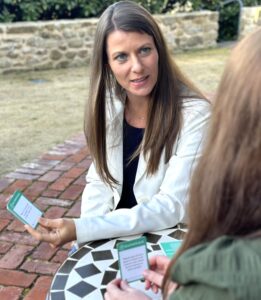
7. Mediator skills
In this module you will learn and practice a variety of essential mediator skills, including building rapport and maintaining a conducive environment, transitioning, listening, summarising, reflection, reframing, questioning, reality testing, supporting option generation and evaluation, supporting negotiation, and supporting finalising of outcomes.
8. Post-mediation
This module covers the essential post-mediation steps, including making referrals, follow up meetings, debriefing, reflective practice, supervision, and record keeping.


9. Challenging situations
In this module we consider some of the more challenging mediation situations, including where we have participants from different cultural backgrounds, working with multiple parties, mediating with legal representatives and party support people, managing power imbalances and violence, effectively responding to strong emotions in the room, dealing with challenging behaviour, and terminating a mediation.
10. Legal and ethical issues
In this module you will learn about the topical legal and ethical issues that can arise when practising as a mediator, including mediator liability, being called as a witness, legal enforceability of agreements, conflicts of interest, where there is a threat of harm to someone, and complaints against mediators.
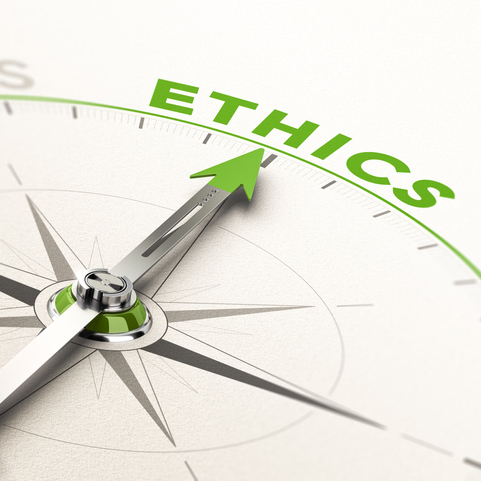

11. Accreditation and practice
In this module, we ensure that you have all your processes and documentation ready for accreditation and practice. This includes things like your documentation, insurance, complaints handling, accreditation maintenance, payment processes, business development and marketing.
12. Your professional support
Working as a professional in the conflict management field can often be a lonely business, particularly if you are a one-person enterprise. It is important to ensure that you have the right professional support to help you continue to provide quality services in an ethical way and to maintain your own wellbeing. In this module we consider the kind of support you need, including debriefing, supervision, reflective practice groups, and collaborations with others.
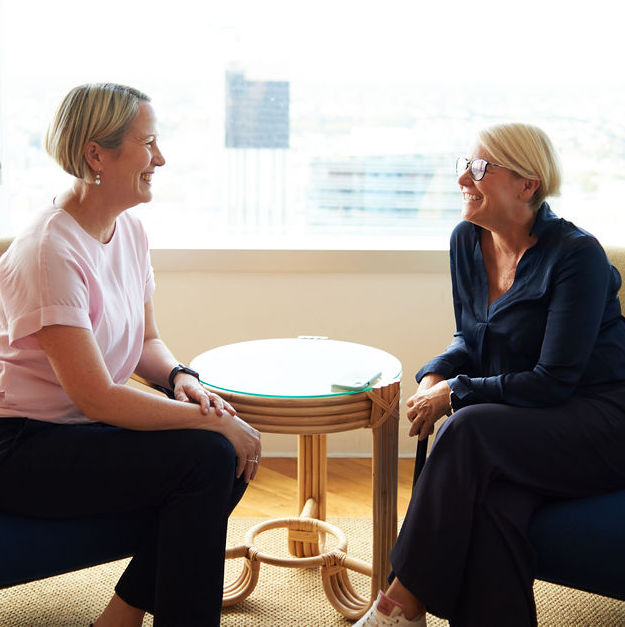
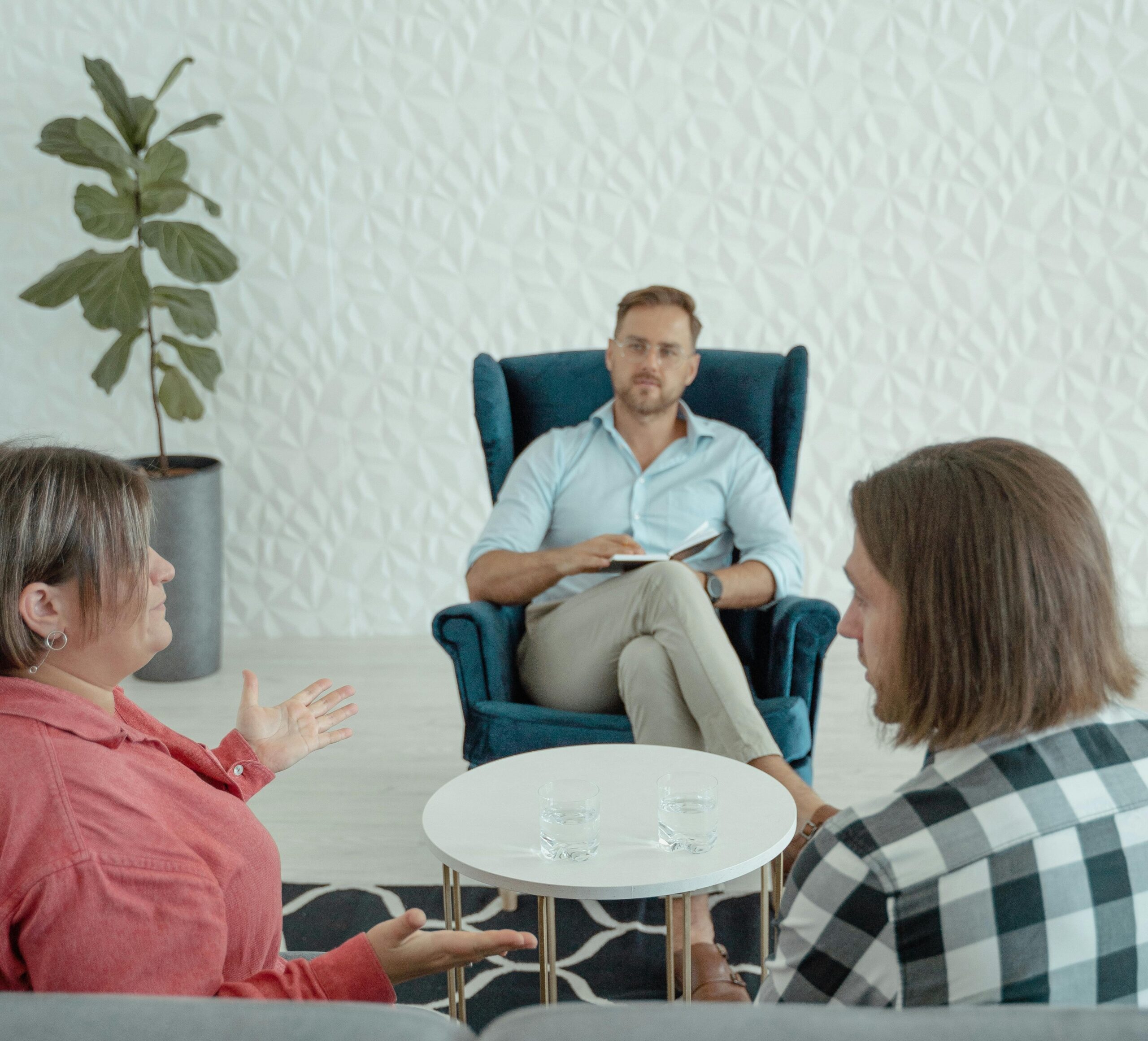
Mediation simulations
Throughout the course you will participate in 9 different mediation role plays (more if you are keen!). You must act as mediator in three of these, and a roleplayer in the others. These roleplays will be observed by a mediator mentor who will provide you with feedback and debriefing. These are important opportunities to practice and develop your mediation skills.
Regular Q&A and support sessions
Throughout the year we will be offering weekly live online Q&A and support sessions. These will be on zoom, and any students in the course can attend to participate or just listen and learn. Students can submit questions or topics for discussion in advance of these sessions and then attend live to discuss these with one of our mediator mentors and other participants.
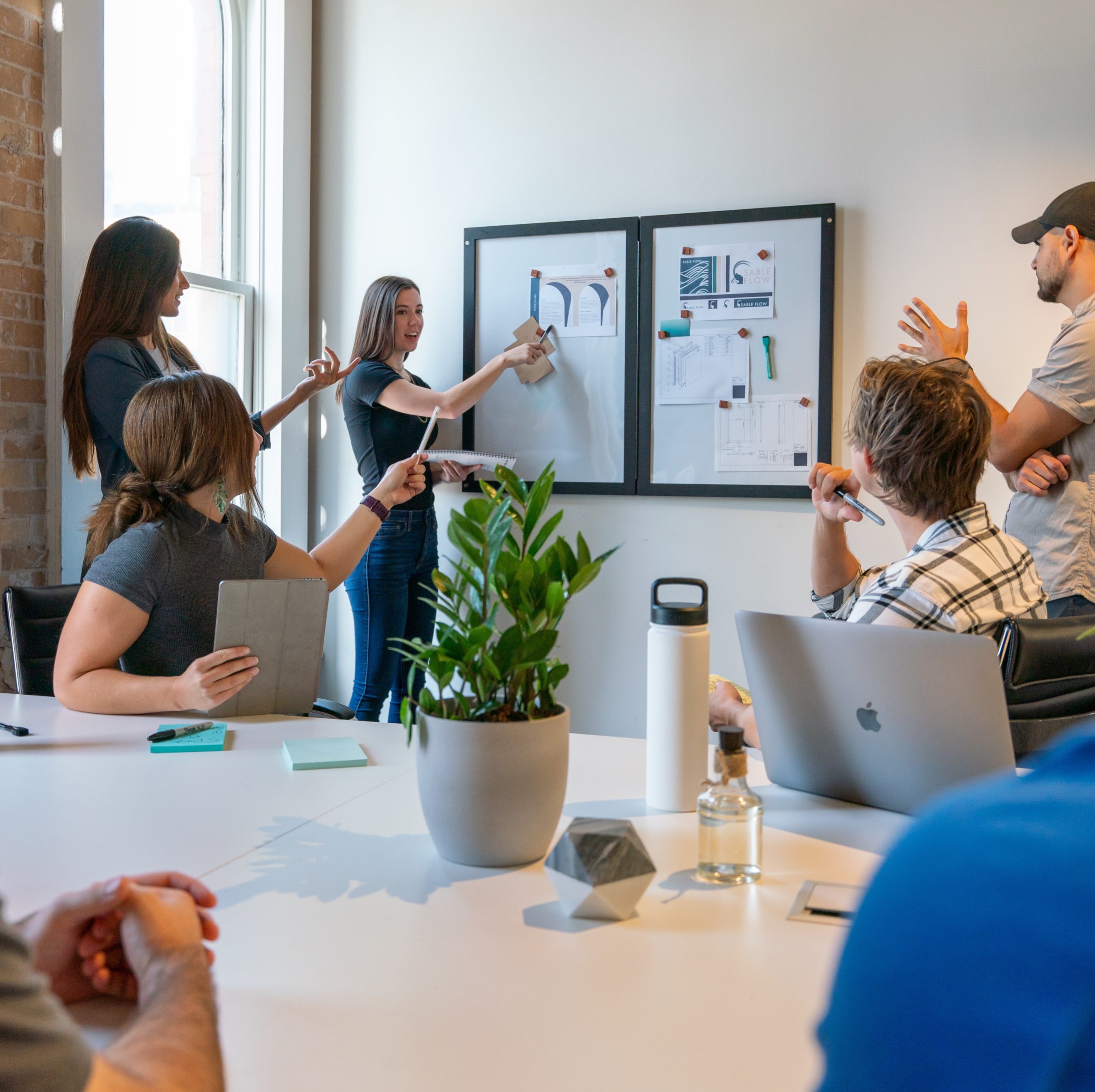
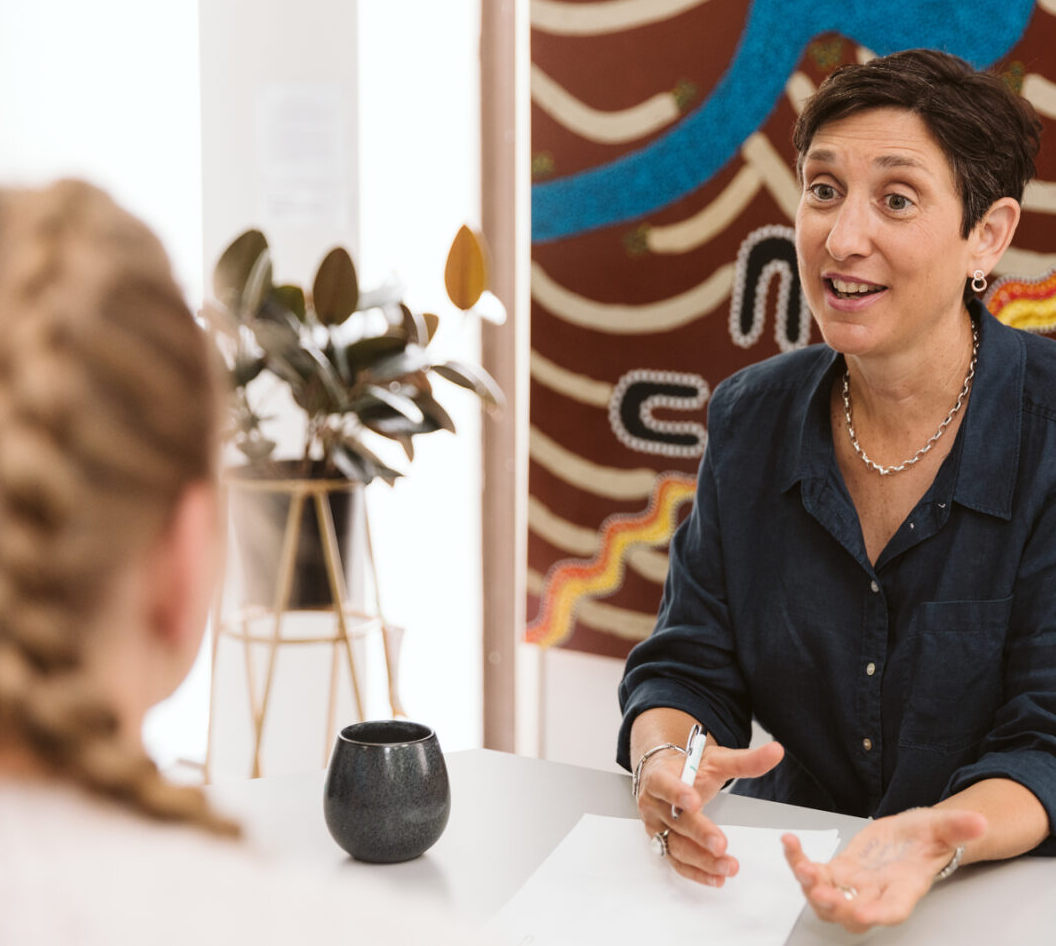
Allocation of a professional mentor
Each student will be allocated a professional mentor to support you through your training and accreditation, and hopefully throughout your entire career!

The live component of our training will be held at the Salt House Restaurant on the Esplanade in Cairns. With a variety of indoor and outdoor spaces available to use for discussion and mediation role plays, you will be able to enjoy the warmth of a tropical winter and beautiful scenery while learning. And did we mention the amazing food? The Salt House chefs and their associated restaurant, pizzeria, cafe and icecream shop will provide delicious sustenance during your training. We also have some amazing accommodation offers for you if you are not a local and want to enjoy the warm weather for a little winter working holiday!
Meet our trainers and mentors
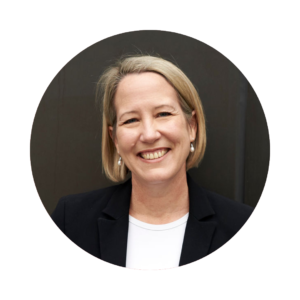
Dr Samantha Hardy
Dr Samantha Hardy is the Director and Lead Trainer for The Conflict Management Academy. She was first accredited with a Certificate 3 in Community Mediation in 1997, and since then has been teaching mediation and conflict-related courses, as well as running a private practice as a mediator and conflict management coach and consultant. She is an experienced mediator and conflict coach and the founder of the REAL Conflict Coaching System™. She provides conflict support to managers and leaders across the world. She also provides professional development training, supervision and mentorship to mediators and coaches who work with clients in conflict.
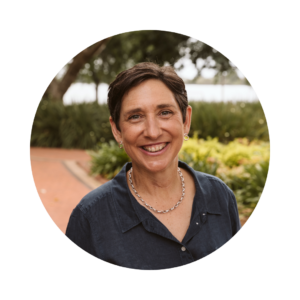
Megan Lewis
Megan has been providing professional conflict resolution services on the mid north coast of NSW since 2011 and established The Resolution Network in 2013. Prior to embarking on a formal career in mediation, Megan spent 18 years working as a communicator across a range of industries and held managerial positions in the corporate and not-for-profit sectors with responsibilities across Australia, New Zealand and Asia. Megan is passionate about helping people find solutions and make well-informed choices for their future when they find themselves in conflict. In addition to mediation services, Megan provides communication coaching and small group training.
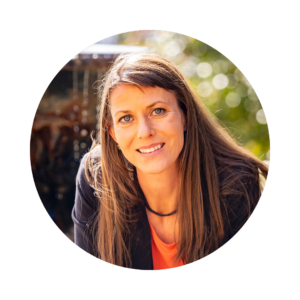
Dr Judith Rafferty
Judith is a distinguished ‘pracademic’, integrating 12 years of experience in conflict resolution practice, research, and education spanning Australia and abroad. Since 2011, she has been practicing as a conflict management specialist through her own business and as a mediator at the Cairns Dispute Resolution Centre. She's also an experienced trainer, and was previously the Director of the Masters of Conflict Management and Resolution at James Cook University. She holds a PhD in Conflict Resolution, a Master of Conflict and Dispute Resolution, a Graduate Business Administrator Diploma, and a Graduate Certificate in Psychology.
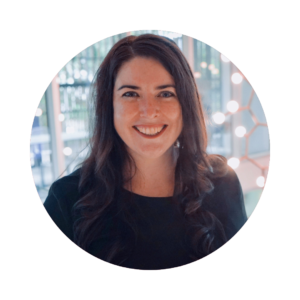
Dr Claire Holland
Claire is a highly skilled conflict specialist with global experience in mediation, group facilitation, coaching, and training. She is accredited under the NMAS and has mediated for the Department of Justice and....... She has worked in complex and protracted settings on the Thailand-Myanmar border and in the Philippines, as well as project-based work in the Solomon Islands. She's also an experienced trainer, and was previously the Director of the Masters of Conflict Management and Resolution at James Cook University. Claire is a PhD candidate, holds a Master of Mediation and Conflict Resolution, Graduate Certificate of Education, and a Bachelor of Economics and Bachelor of Laws.

Sarah Blake
Sarah Blake is a business strategist and highly experienced mediator. She has been running her own practice for many years and received many awards for her innovative approach and dedication to the field. From the bush to the boardroom, Sarah’s experience with multi-party, cross cultural commercial and community cases has enabled her to help her clients navigate complex decision-making during times of confusion, growth and even crisis. Sarah focuses on nurturing collaborative practice through a lens of governance functionality. This draws together values, culture, systems and people to enable clarity, innovation and trust.
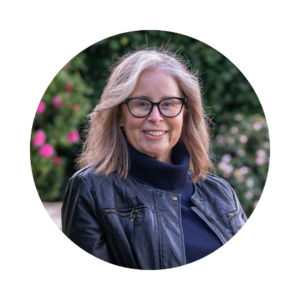
Carol Bowen
Carol (FRIAdvMed, CMC, NMAS) brings a wealth of expertise and knowledge to her conflict resolution practice. She has 20 + years of experience as a Conflict Resolution Practitioner. Her practice has taken her into the private and public sector within Australia and overseas. Carol is a Nationally Accredited (Advanced) Mediator, a CINERGY ™ Conflict Management Coach; Mentor and Assessor (Resolution Institute), a Group Facilitator, a Restorative Engagement Facilitator and Coach; an Interactive Problem-Solving Coach and a Conflict Resolution Trainer.
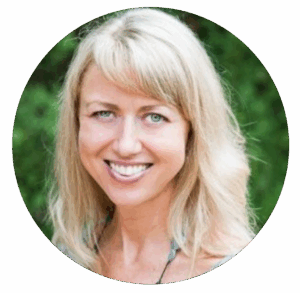
Bianca Keys
Bianca is a highly experienced mediator, educator, and conflict management coach. Bianca has a legal background but has worked exclusively as an ADR practitioner since 2004. She specialises in commercial, workplace, health care and personal injury disputes and holds current mediator and conciliator appointments with a number of State, Federal, and Industry Panels, Commissions, and Ombudsman services. Bianca served on the Mediator Standards Board (MSB) between 2014-2022 and was Chair of the Board from 2019-2021. She is particularly passionate about supporting a next generation of highly capable mediation professionals via training, supervision and mentoring in Australia and overseas.
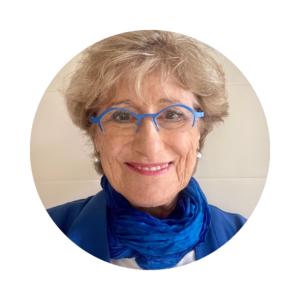
Carole Grace
Carole Grace, was at the forefront of mediation in Victoria, Australia, as one of the first mediators trained and appointed to a Victorian Government pilot project to provide a non-adversarial alternative to court. Carole’s subsequent extensive training and skills as a mediator, facilitator, conflict management coach, communication trainer and in complaints handling enable her to provide a range of integrated dispute management, resolution and prevention services to a wide range of clients and mentoring of new mediators. Her experience encompasses finding ways to include and maximise the participation of parties who may have difficulty with the usual sit down, stream of conversation type mediation process. This could be for reasons of any number of physical or cognitive issues, or English language difficulties.
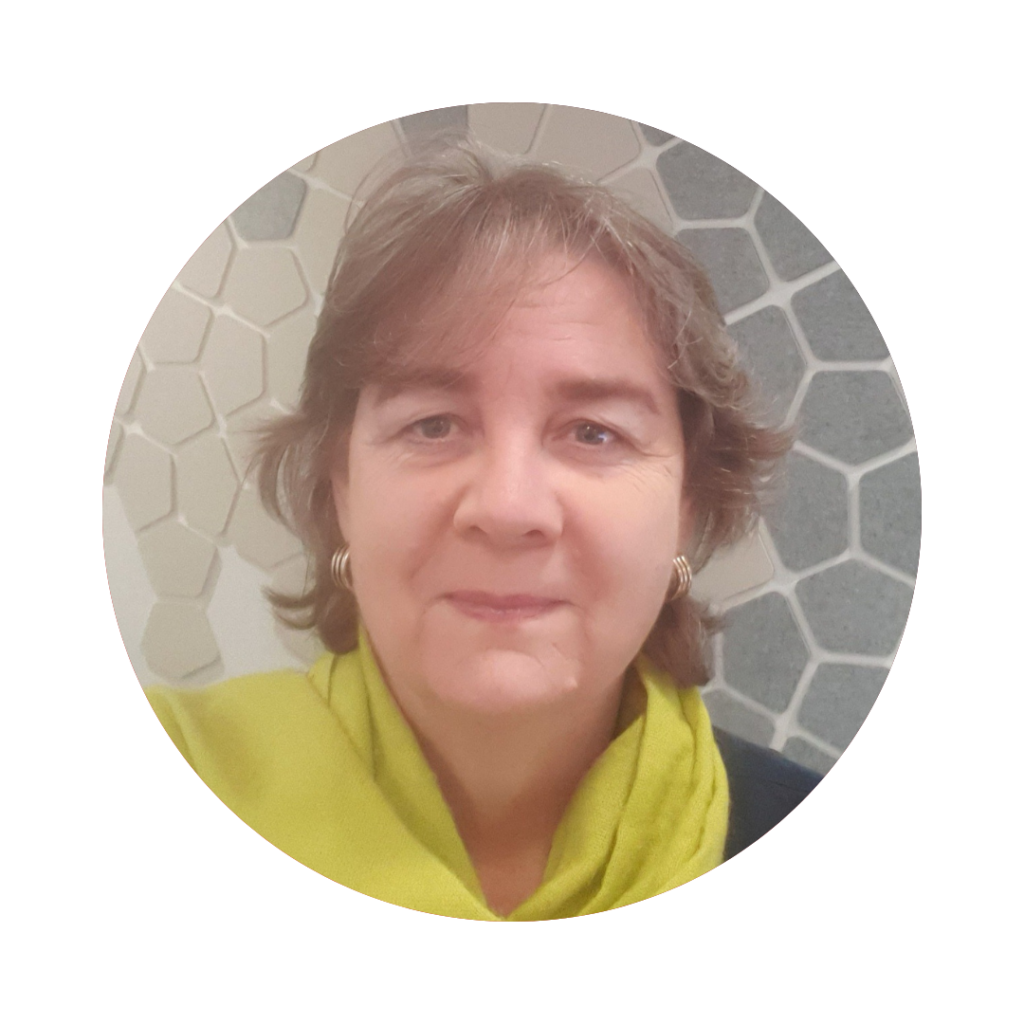
Sonia Muller
Sonia is based in North Queensland, Australia and has provided mediation, coaching and capability-development in conflict resolution and management for almost 20 years. Sonia’s diverse mediation experience spans across the arenas of family, workplace, civil and restorative justice for criminal matters. In addition, Sonia provides conflict coaching and group facilitation services to manage and prevent damaging conflict. Sonia’s experience also extends to the design of workplace conflict resolution systems. Sonia is a NMAS accredited mediator and is on the Australian register of Family Dispute Resolution Practitioners. She is a member of the Resolution Institute. Sonia has a Masters degree in Conflict Resolution and Management and Social Work.

Rob Tideman
Rob has extensive experience in the retail and property management sectors. He has been a member of the panel of mediators at the Dispute Resolution Branch (DRB) of the Department of Justice and the Attorney General (DJAG) for over ten years, with significant expertise in mediating minor civil disputes for the Queensland Civil and Administrative Tribunal. Rob is also regularly involved in mediator coaching and assessment through the DJAG training department, helping to develop future mediators.

Ana Walker
Ana is a highly experienced mediator and Family Dispute Resolution Practitioner with over 25 years of expertise in workplace and family conflict. She holds a degree in Business with a major in Human Resources, along with a Diploma in Family Dispute Resolution (registered with the Department of Justice), a qualification in Training and Assessment in Mediation, and National Accreditation in Mediation through AMDRAS. Ana played a pivotal role in training the first cohort of Family Dispute Resolution Practitioners on behalf of Relationships Australia in 2009.

Keith Evans
With over 44 years employment with Defence in HR related roles, Keith's ADR journey began in 2006. Following his NMAS accreditation, he performed Dispute Resolution Practitioner roles within Defence as a Mediator, Conflict Management Coach and Workplace Trainer. This included the management and supervision of regional Defence ADR panels comprising both Coaches and Mediators, together with supporting roles with both RI and ADC. Whilst he continues to enjoy ADR and helping people rebuild workplace relationships, my passion is now about helping new Mediators develop confidence as they start their ADR journey.

Jack Ellis
Jack has been working in Alternative Dispute Resolution for the past 16 years. He specialises in mediation, conflict resolution, non-government organisation disputes, difficult workplace conversations, employment disputes and construction disputes. He has been a registered Family Dispute Resolution Practitioner (FDRP) for the past 15 years. He teaches on the Alternative Dispute Resolution programs at Macquarie University (Sydney) and Western Sydney University. He is also a regular trainer and coach on the Mediation programs at the NSW College of Law, and he was the Lead Trainer on the Graduate Diploma of Family Dispute Resolution for Relationships Australia for many years. Jack won Family Mediator (FDRP) of the year at the Australian Disputes Centre Awards 2022. He is a Nationally Accredited Mediator (NMAS), and an experienced NMAS Assessor. As a registered FDRP, he is able to issue section 60I certificates as required.
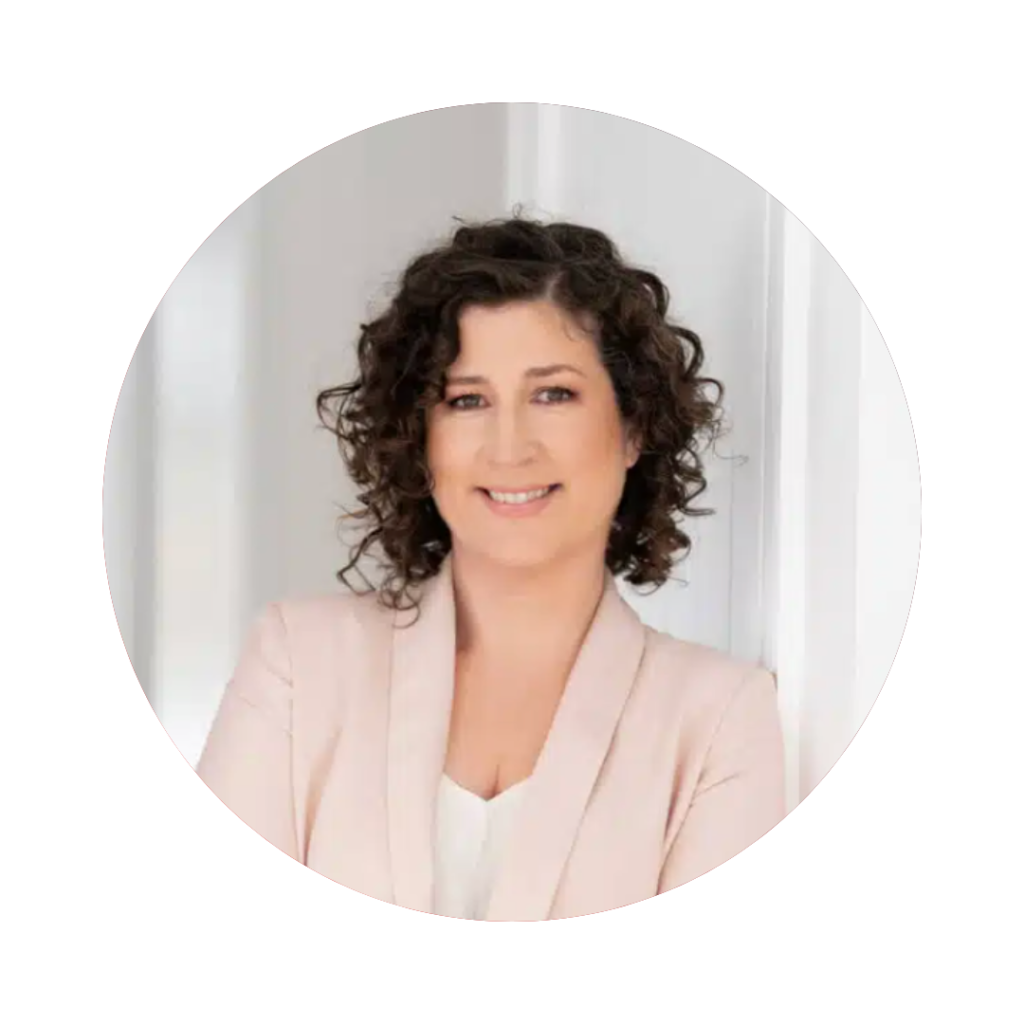
Marnie Cooper
With qualifications in psychology and dispute resolution, Marnie works as an FDRP and owns The Upspring, a mediation and coaching service for separated parents. She came to mediation after a 20-year career in marketing and philanthropy, during which she built a sizeable marketing agency from the ground up. Marnie loves working with kind, clever people to help them define their endgame and use intelligent, evidence-based strategies to achieve it.

Shelby Timmins
Shelby Timmins is the heart and soul behind Divorce Done Differently. Before stepping away from traditional legal practice, she was an Accredited Specialist in Family Law. She has over 18 years of family law experience, much of this at one of Sydney's most respected family law firms. Realising she wanted to practise outside of court and in a more family friendly way, she stepped away from practising law and established a boutique dispute resolution business, Divorce | Done | Differently.
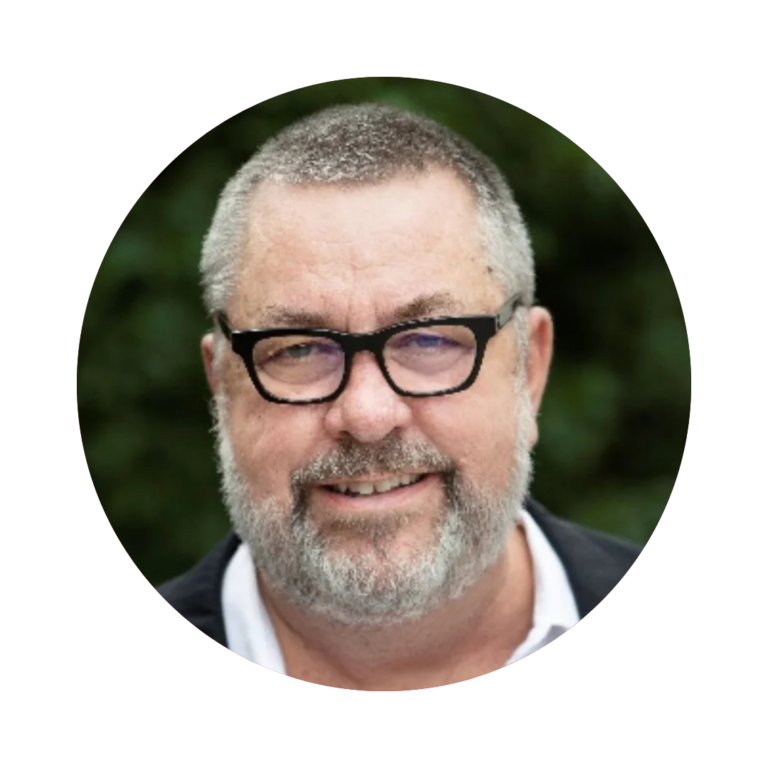
Kieran Plasto
Kieran Plasto has been a registered Psychologist in Qld Australia since 1988 and has since that time enjoyed a number of roles and careers. Whilst a Detective for 12 years in the Qld Police Service he also performed roles as a Hostage Negotiator and Negotiation Team Leader. Post 9/11 he qualified, and was engaged as a Counter-Terrorist Negotiator and Counter-Terrorist Negotiation Team Leader. After leaving the police he studied Negotiation and Strategic Decision Making at Harvard and worked in the Mining and Transport Sector in Senior Human Resources and Safety roles before working for himself. He is a certified Coach, Conflict Coach (REAL) and Nationally Accredited Mediator (NMAS). His consultancy work takes him across all forms of workplace conflict and people processes including investigations, cultural assessments, team development, workshop facilitations as well as workplace mediations, conflict resolution and coaching. His conflict passion is around the understanding of virtues such as Dignity, Compassion, Respect, Curiosity, Kindness and Forgiveness in the resolution of conflict.

Peter Hanson
Peter is a Conflict Specialist, Mediator and Family Dispute Resolution Practitioner with 20 years’ experience in conflict resolution. He has worked for government sector and not-for-profit sector dispute resolution services delivering conflict resolution in workplace dispute, small claims, tenancy dispute, neighbour dispute, organizational dispute. He is a specialists in parenting dispute and property settlement. Peter holds a Master of Conflict Management and Resolution and a Vocational Graduate Diploma of Family Dispute Resolution. He is an Accredited Mediator with the National Mediation Accreditation Scheme and is a registered Family Dispute Resolution Practitioner with the Federal Attorney General.
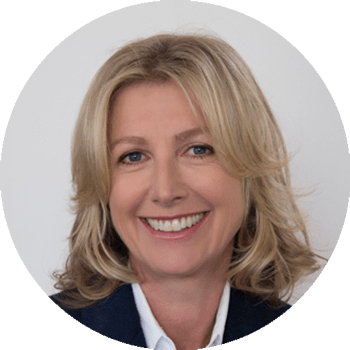
Catherine Davidson
Catherine Davidson is a mediator practising in Australia and internationally. She is listed in Who’s Who Legal 2021, 2022, 2023 and 2024 as a leading commercial Mediator in Australia and in WWL Thought Leaders:Global Elite 2025. She is nationally accredited (NMAS), and certified by the International Mediation Institute (IMI) and Singapore International Mediation Institute (SIMI). Catherine has mediated over one thousand disputes and is appointed to international and national panels. Catherine has a legal background having practised commercial litigation in Sydney and London.
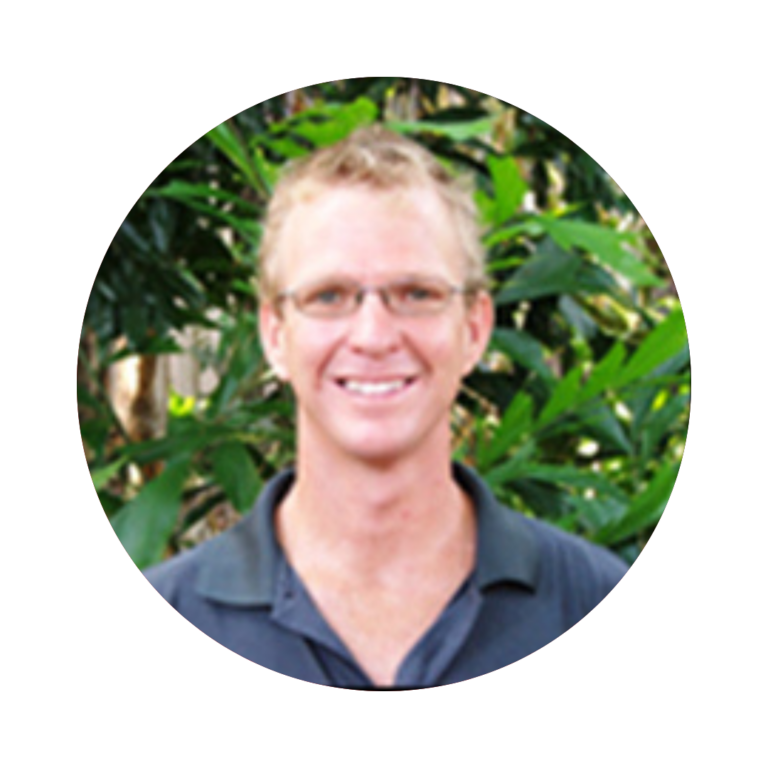
Kirby Doak
Kirby has formally mediated a broad range of disputes and conflicts, including workplace, neighbourhood, not-for-profit governance, property and parenting. For over 10 years Kirby has facilitated negotiations between the Queensland Government and Traditional Owner groups to ensure the return of Cape York Traditional Lands to the traditional owners with fair and equitable outcomes for both parties. Kirby has excellent communication and interpersonal skills with a strong knowledge in natural resource management and proven ability to work with First Nations people. Kirby currently mediates with the Far North Queensland Dispute Resolution Centre (Department of Justice and Attorney General). Kirby’s qualifications include: Nationally Accredited Mediator; Post Graduate Diploma Marketing Communication, University of Canberra 2006; and Bachelor of Applied Science (Rural Technology) Major Land Resource Management, University of Queensland 1995.
Why train with The Conflict Management Academy
We provide the most comprehensive mediation training in Australia, with the highest level of personalised support for students. For example, every student is allocated a personal mentor, and we offer weekly live drop in sessions for you to connect with trainers and peers.
Our content is based on the most recent research and practice trends. We are constantly updating our training to keep up with the latest developments in the field, in Australia and internationally.
We have a diverse panel of highly experienced practitioners as our training team. As well as being outstanding mediators, they are also excellent trainers. All our team is committed to ongoing reflective practice, mentoring new mediators, and improving the quality of mediation practice in Australia.
Our program does not just provide the highest quality training, but also a supportive community and ongoing professional development opportunities. As a student in our program, you will receive individual attention during (and after) the training.
What past students say
Frequently Asked Questions
Absolutely! No prior knowledge or qualifications are needed. The course is suitable for everyone!
If you are not 100% satisfied we will provide a full refund of your registration up to 30 days after you registered.
Registration is most affordable if paid up front, but we do have monthly payment plans available.
We are happy to answer any questions you have. Just email [email protected] and we will get back to you.
Ready to start?
LET’S GO!
$3997
Online/live Cairns mediation training package
- 12 months online course access
- Personal mediation mentor
- Live 4-day workshop in Cairns, fully catered (this is when you will complete your 9 supervised roleplays)
- Weekly live online support sessions
- 20% discount on all CMA courses and events
- NOTE: This package does not include accreditation assessment
$4997
Accreditation package
- All inclusions plus…
- Accreditation assessment (conducted online after the live workshop in Cairns